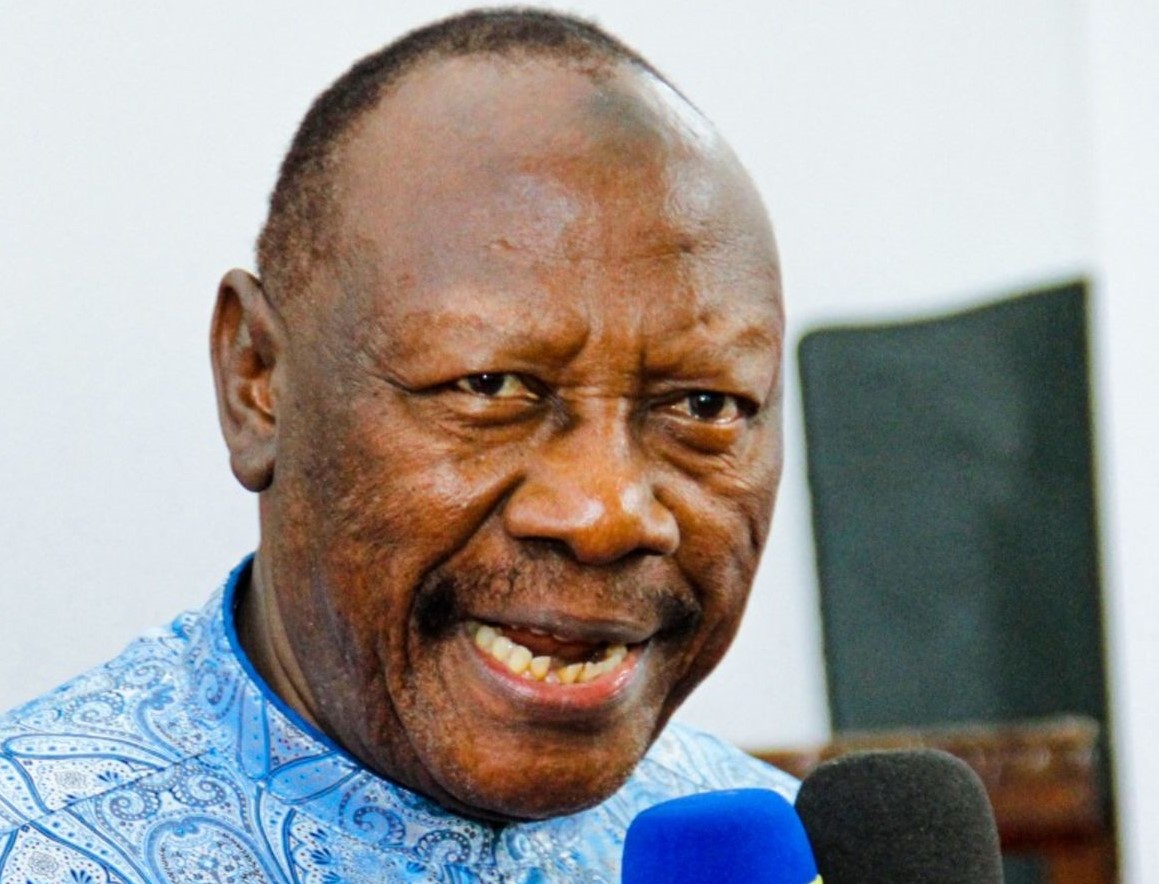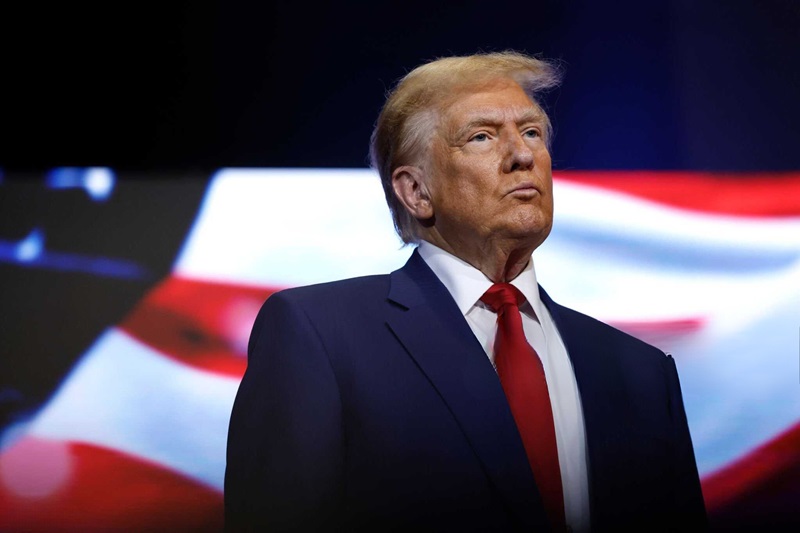Prime
How Tanzania should respond to Trump tariffs

Opposition politician and economist Ibrahim Lipumba says Tanzania could mitigate any potential losses from the US market by expanding its exports within the continent and beyond. PHOTO | FILE
What you need to know:
- While Tanzania does not export much to the US, analysts say the country must not be complacent and should begin preparing for possible long-term disruptions
Dar es Salaam. As US President Donald Trump’s sweeping trade tariffs begin to send ripples through advanced economies, economists and policy experts in Tanzania are urging the government to adopt strategies that will shield the country from potential economic losses.
Mr Trump’s 10 percent tariffs, which came into effect over the weekend, are expected to trigger retaliatory measures from affected nations and heighten global trade tensions.
Although Tanzania is not among the countries likely to suffer immediate, significant impact—owing to the relatively modest size of its exports to the United States—analysts say the country must not be complacent and should begin preparing for possible long-term disruptions.
Among the first nations affected by the new US tariffs are Australia, Britain, Colombia, Argentina, Egypt and Saudi Arabia.
The tariffs come at a critical juncture, with the African Growth and Opportunity Act (Agoa)—which has granted preferential access to the US market for African countries including Tanzania—set to expire in September 2025. If not renewed, Tanzania could face new hurdles in accessing US markets.
According to Bank of Tanzania (BoT) data, in the 2023/24 period, Tanzania exported goods worth Sh255.6 billion (approximately $107 million) to the US, while importing products valued at Sh950.2 billion (around $391 million). Tanzania’s key exports to the US include pulses, coffee, textiles and cashew nuts, while major imports comprise machinery, pharmaceuticals and laboratory equipment.
In light of the evolving global trade environment, experts are calling on the Tanzanian government to diversify its trade partnerships and enhance ties with other regions, particularly within Africa and emerging markets in Asia, such as China and India, as well as the European Union (EU). Particular emphasis, they say, should be placed on maximising the benefits of the African Continental Free Trade Area (AfCFTA), while pursuing deeper cooperation with strategic partners like the EU and China.
Commenting on the matter, Civic United Front (CUF) chairman Ibrahim Lipumba said Tanzania could mitigate any potential losses from the US market by expanding its exports within the continent and beyond.
Prof Lipumba, who is also an economist, advised that Tanzania prioritise industrial development to boost local manufacturing for both domestic consumption and export. He also recommended that the country invest more in gold as a strategic reserve, especially during periods of global economic uncertainty.
“Gold is considered a safe-haven investment in times of economic instability. The Bank of Tanzania’s ongoing initiative to purchase gold from local miners is a step in the right direction.”
The BoT has announced plans to purchase six tonnes of gold during the current financial year to strengthen national reserves.
Prof Lipumba also underscored the need for a well-defined economic diplomacy strategy to position Tanzania favourably in the evolving global trade landscape.
“Tanzania doesn’t export many goods to the US and currently faces a relatively low tariff of 10 percent compared to China’s 54 percent,” he noted. “This presents an opportunity to attract industrial investments that could support both domestic growth and export-led development.”
Prof Lipumba added that rising tariffs have already contributed to a slump in global stock markets, with many experts forecasting a major slowdown in the global economy.
He also observed that while some Tanzanian exports may suffer price declines, gold prices are likely to rise as global demand increases, potentially benefiting Tanzanian mining companies.
Prof Lipumba warned, however, that without a clear economic roadmap, Tanzania risks missing out on strategic opportunities amid growing global uncertainty.
Meanwhile, former Cabinet minister January Makamba weighed in on the issue via his X (formerly Twitter) account, stating that while the US market is sizeable, the broader impact of tariffs on Africa might remain limited.
He noted that in the previous year, the US imported approximately $40 billion worth of goods from Africa—an amount equivalent to a single month of imports from Mexico. He added that even at its peak, Agoa contributed just 15 percent of US-Africa trade.
Instead, Mr Makamba emphasised the importance of strengthening intra-African trade, which currently stands at 15 percent of the continent’s total trade volume. “In comparison, Europe’s intra-regional trade is 60 percent and Asia’s is 50 percent. If Africa can boost its internal trade to reach Asia’s level by 2040, we could double the continent’s GDP, create millions of jobs and significantly reduce poverty.”
Another former Cabinet minister, Prof Anna Tibaijuka, also expressed concern over the growing trade tensions and called for a united African response.
She warned that the gradual erosion of Agoa benefits, combined with potential disruptions in regional trade, could harm smaller African economies that lack the leverage to retaliate.





